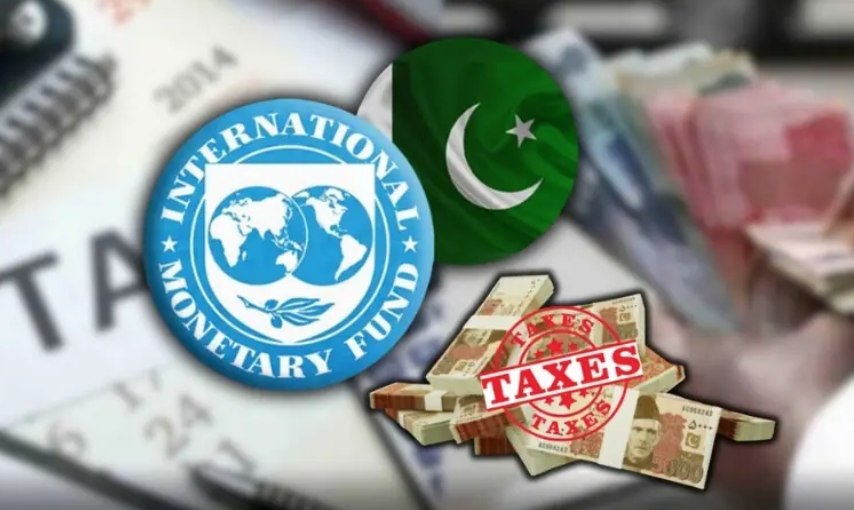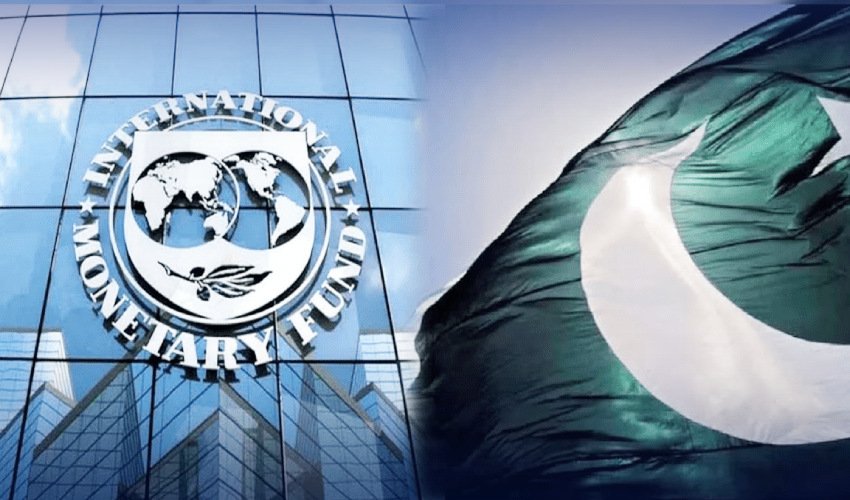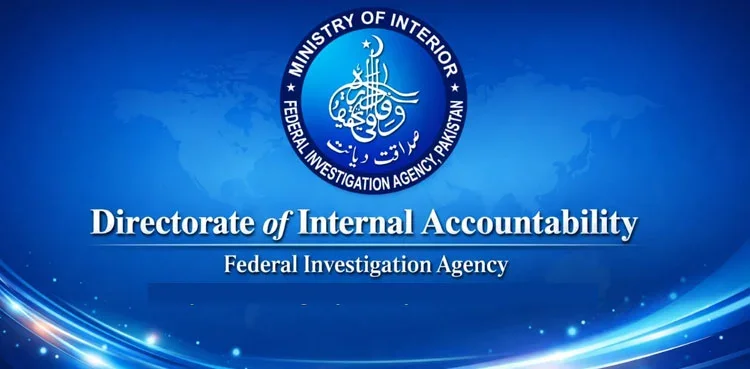Pakistan has given a firm assurance to the International Monetary Fund (IMF) that it will introduce additional tax measures totaling Rs. 200 billion in January 2026 if the government fails to meet its revenue targets or if expenditures surpass the approved limits during the first half of the ongoing fiscal year. This commitment is part of Islamabad’s efforts to adhere to the fiscal consolidation measures agreed upon under the current IMF program, which aims to stabilize the economy, control public debt, and promote sustainable growth.
The announcement comes amid growing concerns over revenue shortfalls and rising expenditures, which could threaten the country’s macroeconomic stability. By committing to implement the additional tax measures, the Pakistani government intends to bridge potential fiscal gaps and reassure international creditors and investors of its determination to maintain economic discipline. These measures may include expanding the tax base, improving collection efficiency, and introducing targeted levies to generate additional revenue.
Officials stated that this proactive approach reflects the government’s broader commitment to fiscal responsibility, ensuring that budgetary targets are met while minimizing the risk of excessive borrowing or inflationary pressures. Maintaining compliance with the IMF program is also crucial for Pakistan to secure continued financial support, improve investor confidence, and strengthen macroeconomic fundamentals.
The IMF program requires Pakistan to adhere to specific fiscal and monetary benchmarks, including revenue collection, expenditure limits, and structural reforms aimed at improving tax administration and reducing fiscal deficits. The government’s announcement signals its intent to take corrective action immediately if deviations occur, thereby safeguarding the program’s objectives and ensuring that the economy remains on a stable path.
Analysts view this commitment as a strategic move to maintain credibility with international financial institutions and prevent economic instability. By implementing the additional Rs. 200 billion in tax measures if necessary, Pakistan aims to demonstrate its ability to respond effectively to fiscal challenges, uphold its international obligations, and continue on the path of economic reform.
In summary, Pakistan’s assurance to the IMF underscores its focus on fiscal discipline, revenue mobilization, and adherence to international commitments, reinforcing efforts to maintain macroeconomic stability and support long-term economic growth.





































